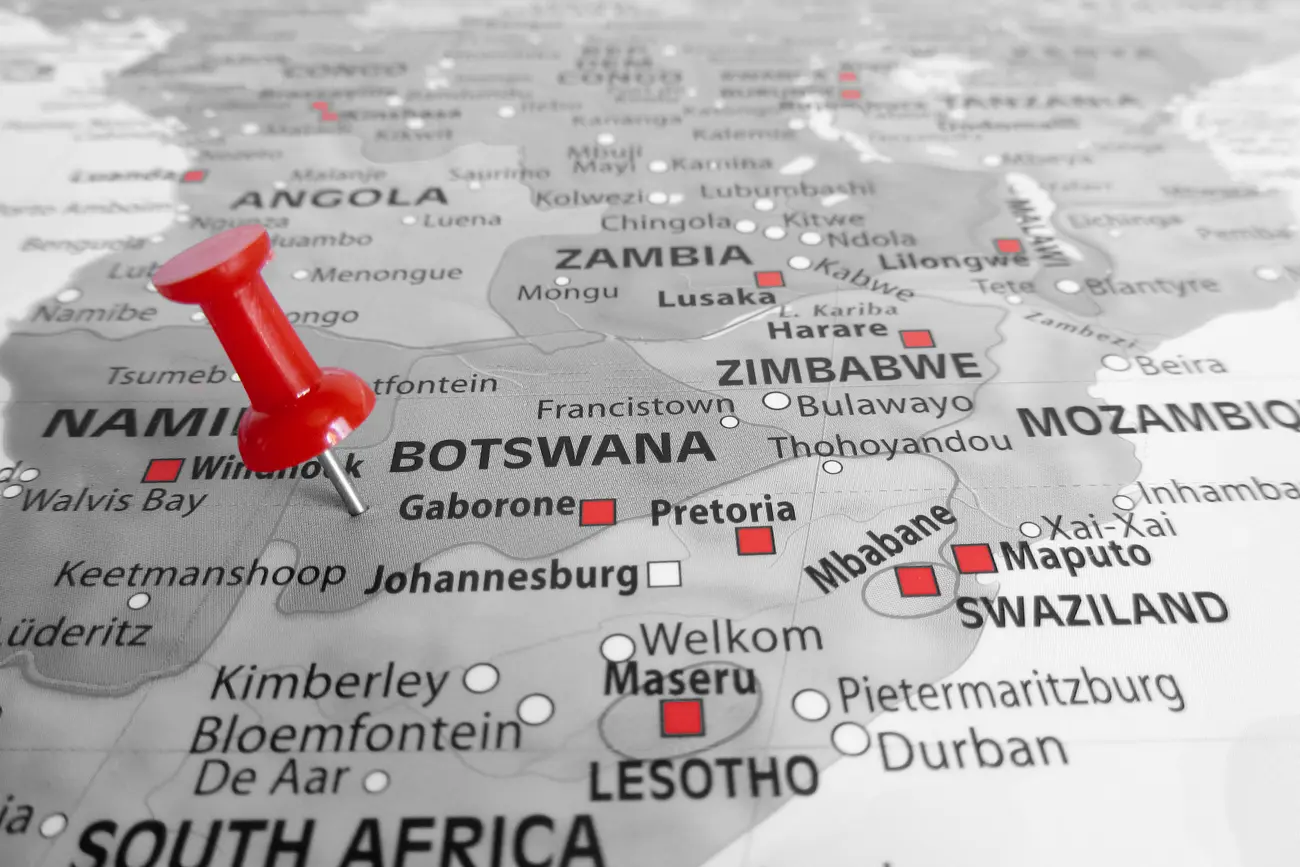
Weekend Post
Fourteen individuals recently filed a case before the High Court, asking the court to review the decision by the Director of Civil and National Registration and the Minister of Labour and Home Affairs to refuse to register the organisation Lesbians, Gays and Bi-sexuals of Botswana (LEGABIBO). The Applicants are represented by Unity Dow, a well-known human rights lawyer and former High Court Judge. The case is supported by the Southern Africa Litigation Centre and the Botswana Network of Ethics, Law and HIV/AIDS. The Respondent is the Attorney General, who acts on behalf of the State.
Once registered, LEGABIBO aims to provide an opportunity for lesbians, gays and bisexuals to form part of an association which will provide them with information on human rights and advocate for their rights, particularly the right to access to health services.
The Applicants are individuals and organisations who support the objectives of LEGABIBO and assert that the refusal to register LEGABIBO violates their right to form and join an association.
According to LEGABIBO Coordinator at BONELA, Anna Mmolai-Chalmers, the Applicants seek to emphasise the fundamental importance of the rights to freedom of association and expression in a democracy, thereby strengthening the ability of individuals to collectively organise to promote their rights.
She confirmed in a statement that the application is supported by a range of organisations. The organisation had unsuccessfully sought the support of the Church.
APPLICATION FOR JUDICIAL REVIEW
The background of the case as recorded on the SALC website indicates that the Applicants seek judicial review of the decision to refuse to register LEGABIBO, on the basis that such refusal was irrational and illegal – The decision was illegal in so far as it transgressed the rights provisions in the Botswana Constitution.
They further note that the decision was irrational because the Director and Minister failed to apply their minds to the question of whether to register LEGABIBO, and instead misconceived the provisions of the Constitution, and failed to consider the provisions of the Societies Act.
“The Director and Minister did not substantiate the refusal to register LEGABIBO. There is no evidence or suggestion that LEGABIBO’s objectives are likely to be used for any unlawful purpose prejudicial to or incompatible with peace, welfare or good order in Botswana. The denial of registration does not serve any substantial government interest.
The refusal to register LEGABIBO without any reason for such decision, suggests that the decision is based on moral disapproval of the objectives of LEGABIBO. Such reasoning has been rejected by courts as irrational and misplaced in a democratic society which has as its founding principles the notion of tolerance, diversity and pluralism,” reads the background from the website.
RIGHTS VIOLATED BY THE REFUSAL TO REGISTER LEGABIBO
Dow and partners are expected to argue that the right to equal protection of the law means that administrative decisions should not be exercised in a manner which is unfair and discriminates arbitrarily between different classes or groups of people.
The African Commission has held that “no person or class of persons shall be denied the same protection of the laws which is enjoyed by other persons or class of persons in like circumstances in their lives, liberty, property, and in the pursuit of happiness”.
Dow will argue that this includes equal treatment of persons irrespective of nationality, sex, racial or ethnic origin, political opinion, religion or belief, disability, age or sexual orientation.
LEGABIBO argues that none of the rights in the Botswana Constitution is limited based on sexual orientation. “The rights are universal in application and can only be restricted if this is reasonably required in the interests of defence, public safety, public order, public morality or public health.
Any limitation of the rights in the Constitution must be reasonably justifiable in a democratic society.”
According to arguments to be presented by the applicants, there is further no law in Botswana that prohibits anyone from being a lesbian, gay or bisexual person, nor is there any law which detracts from their fundamental rights.
The inclusion of protection from discrimination based on sexual orientation in Botswana’s national laws and policies, shows that the Botswana government does not seek to discriminate against people based on their sexual orientation, they will argue.



